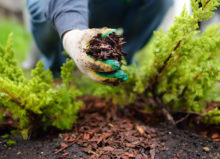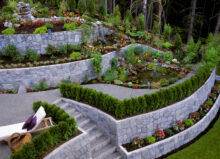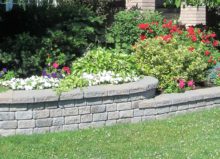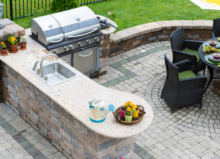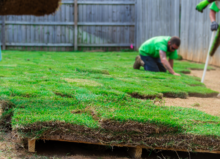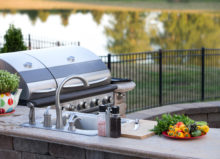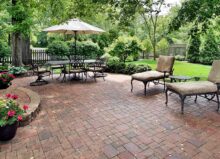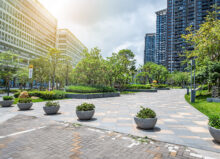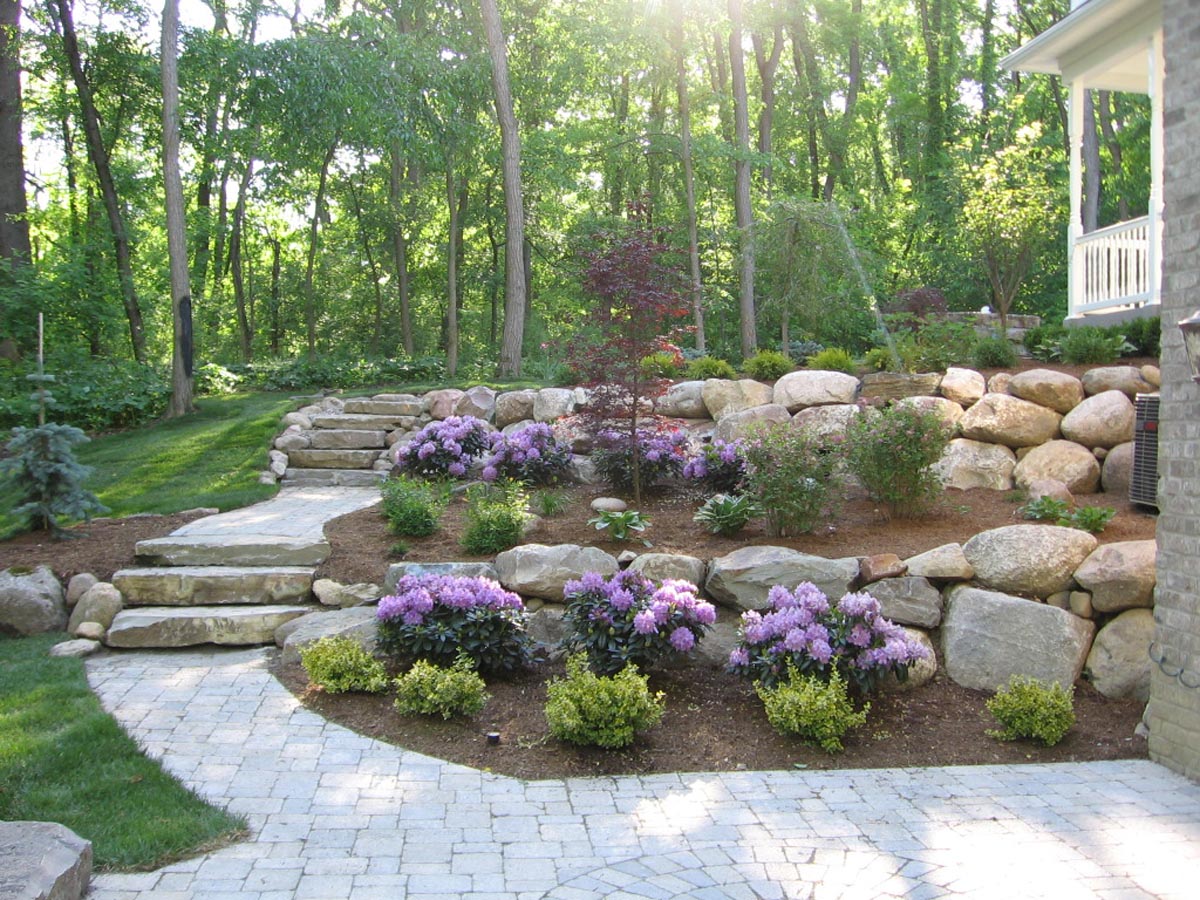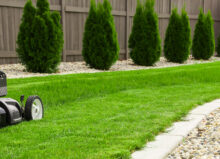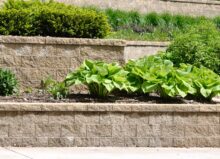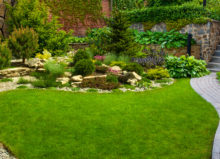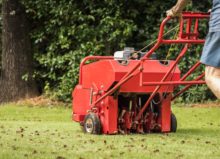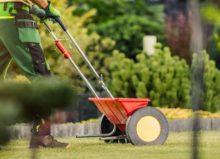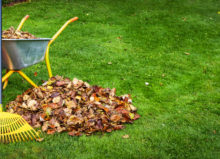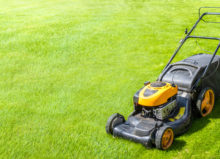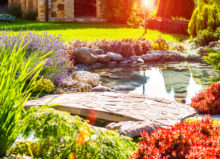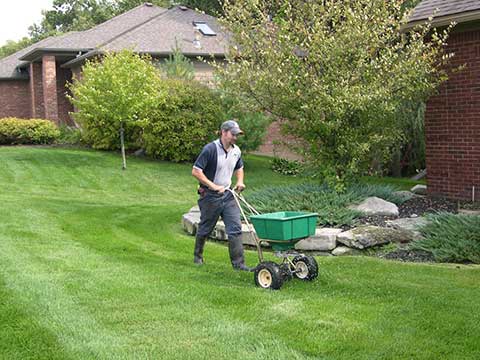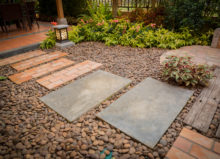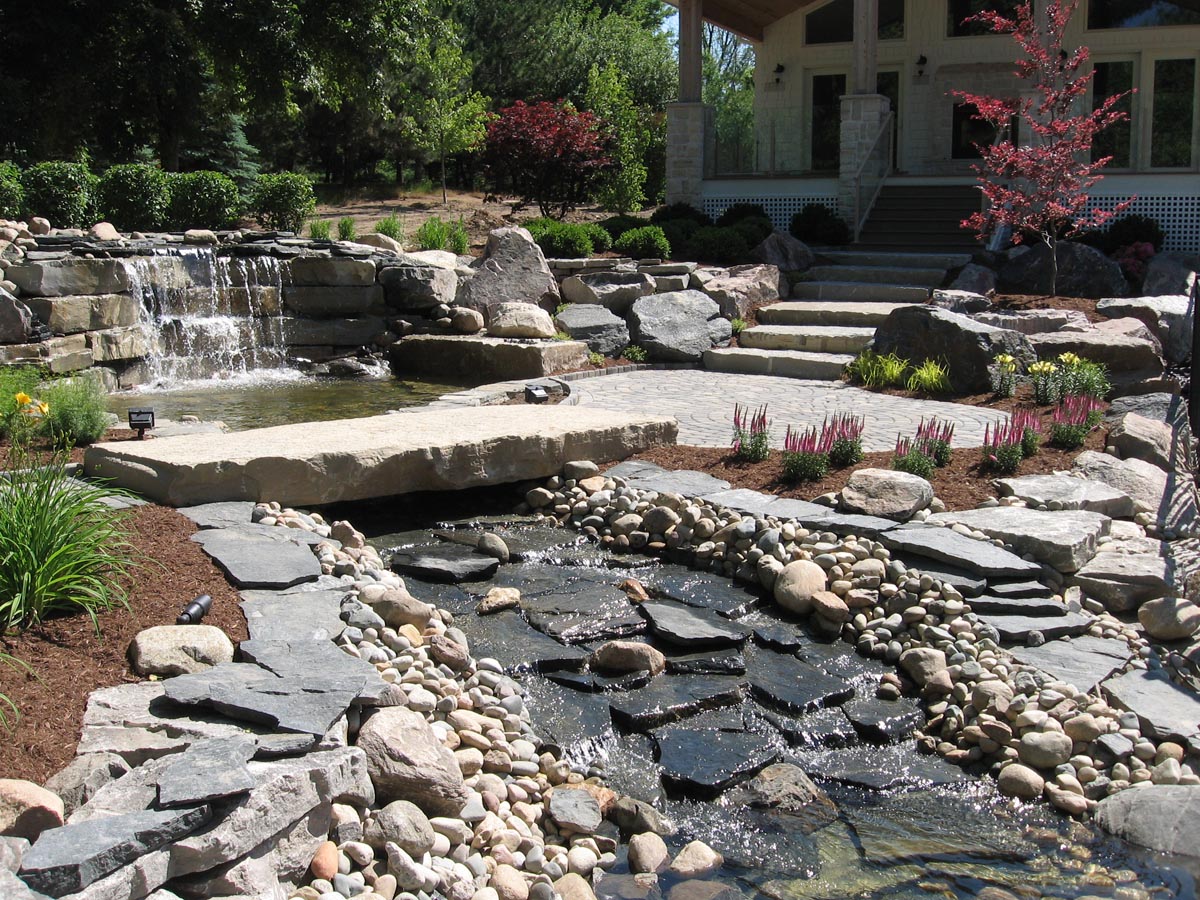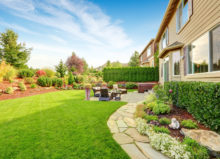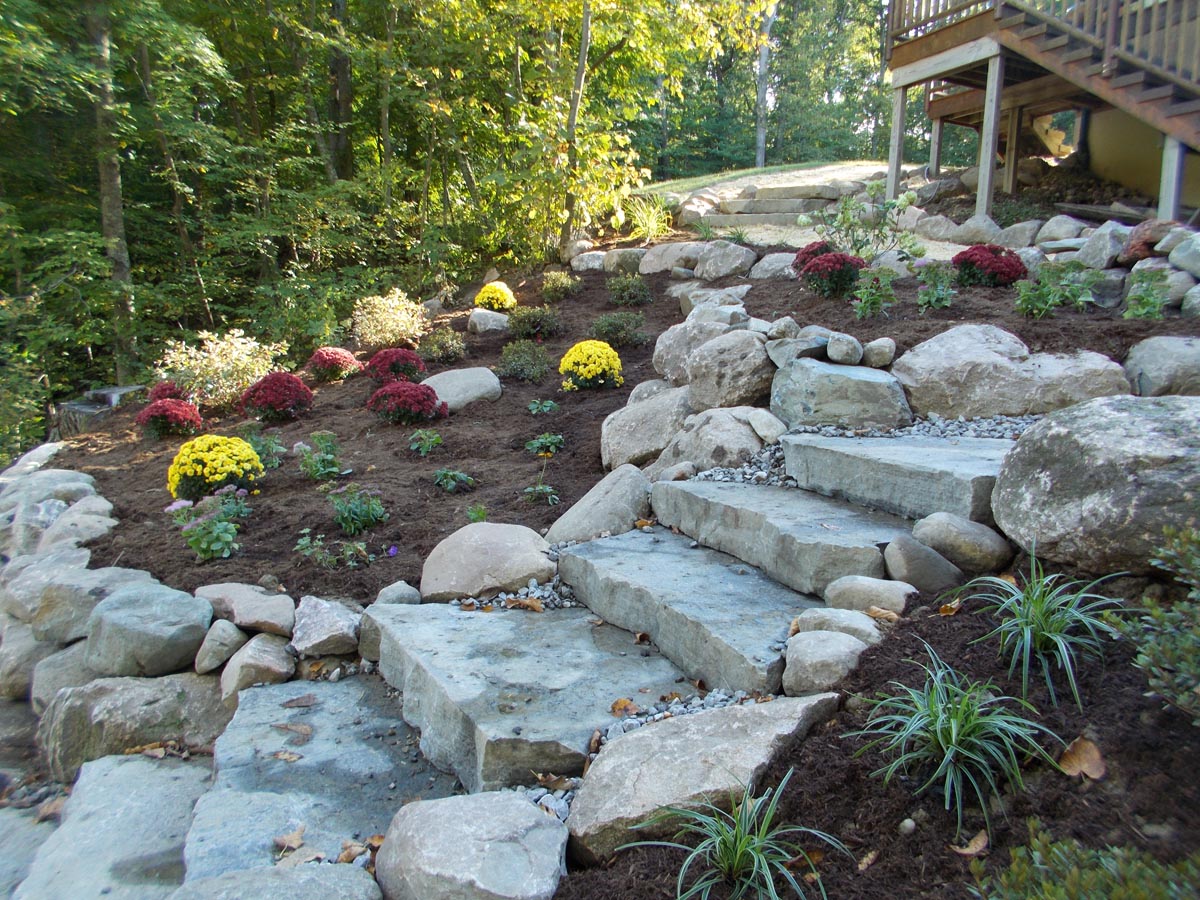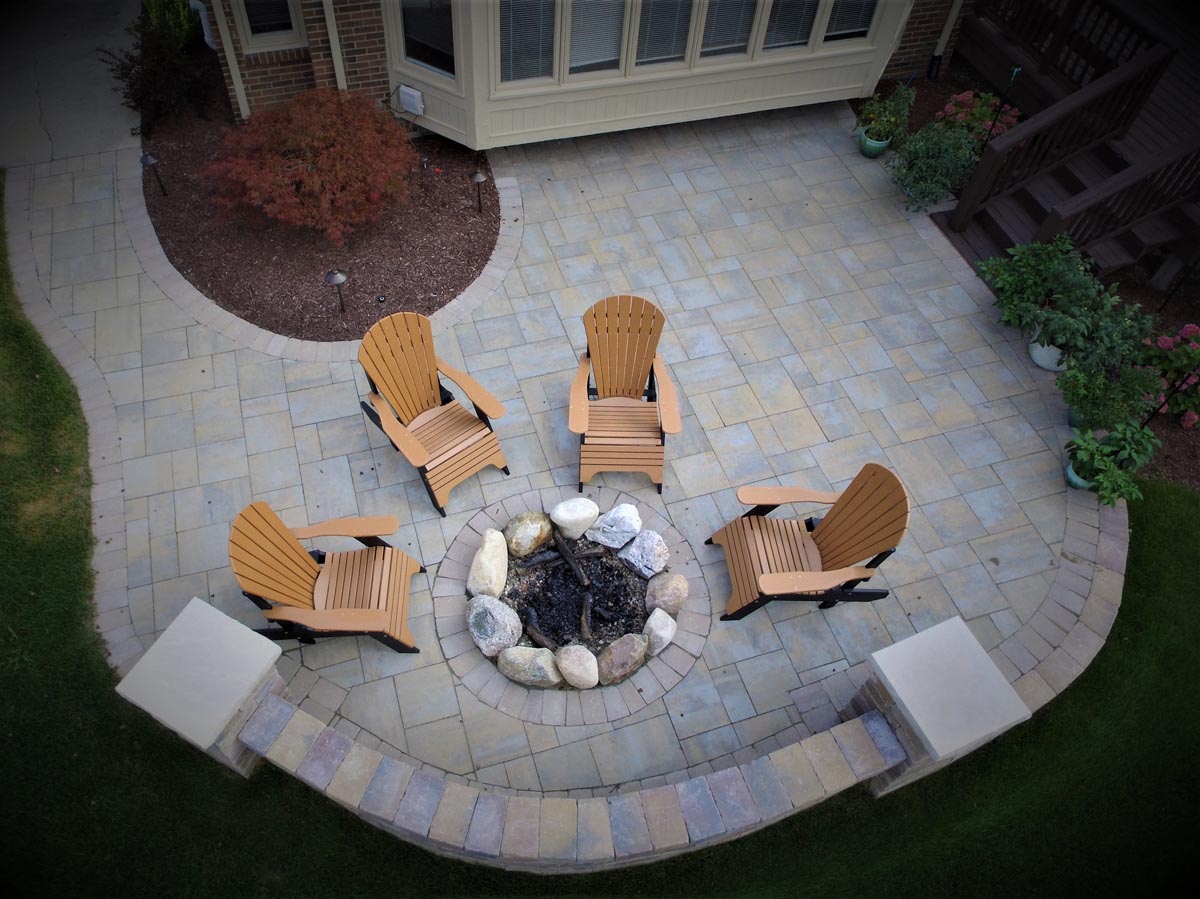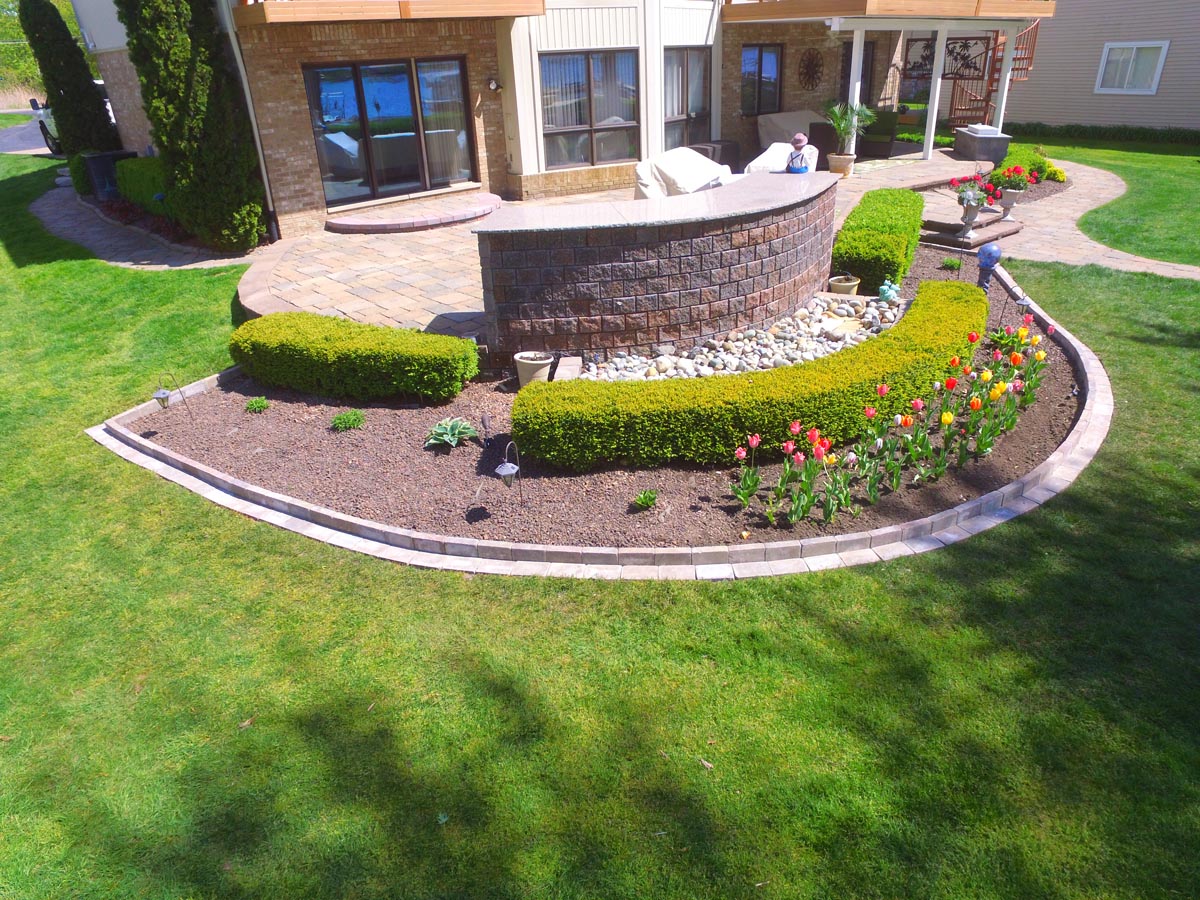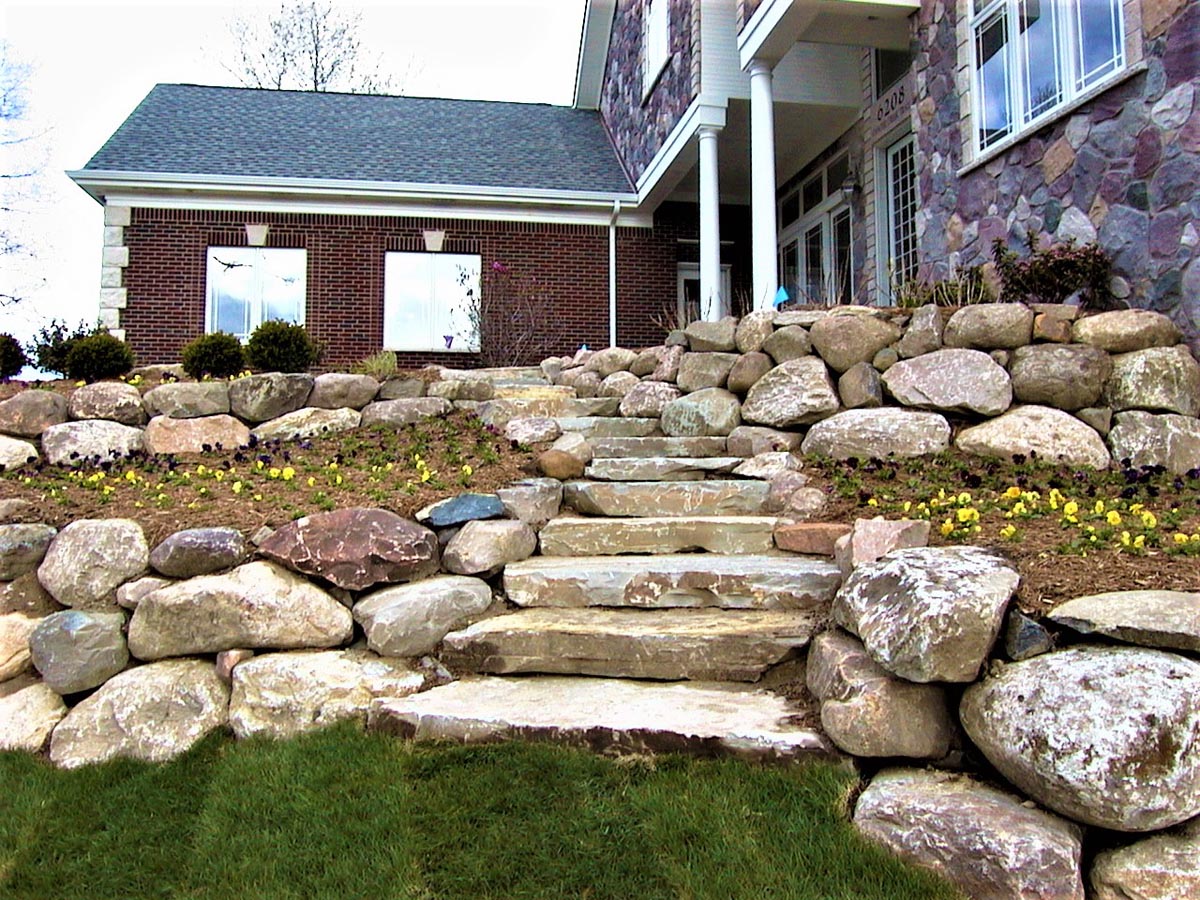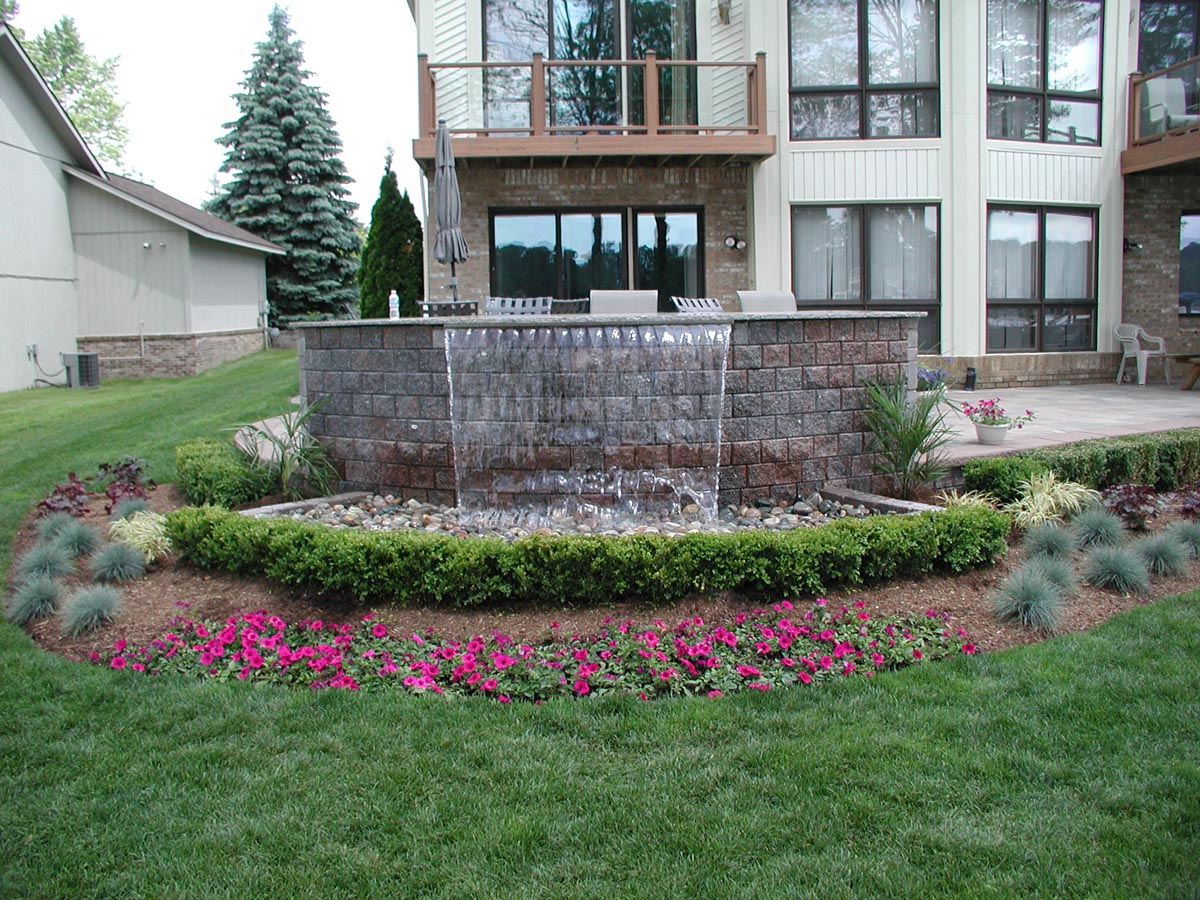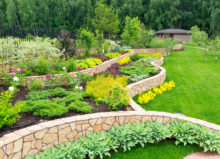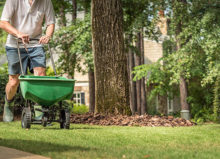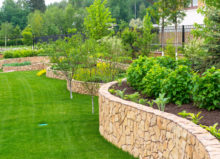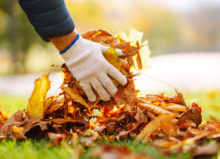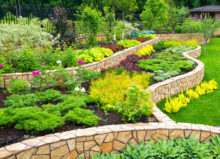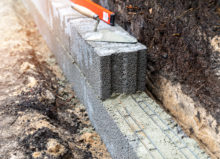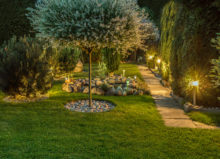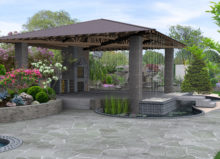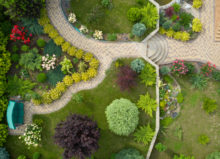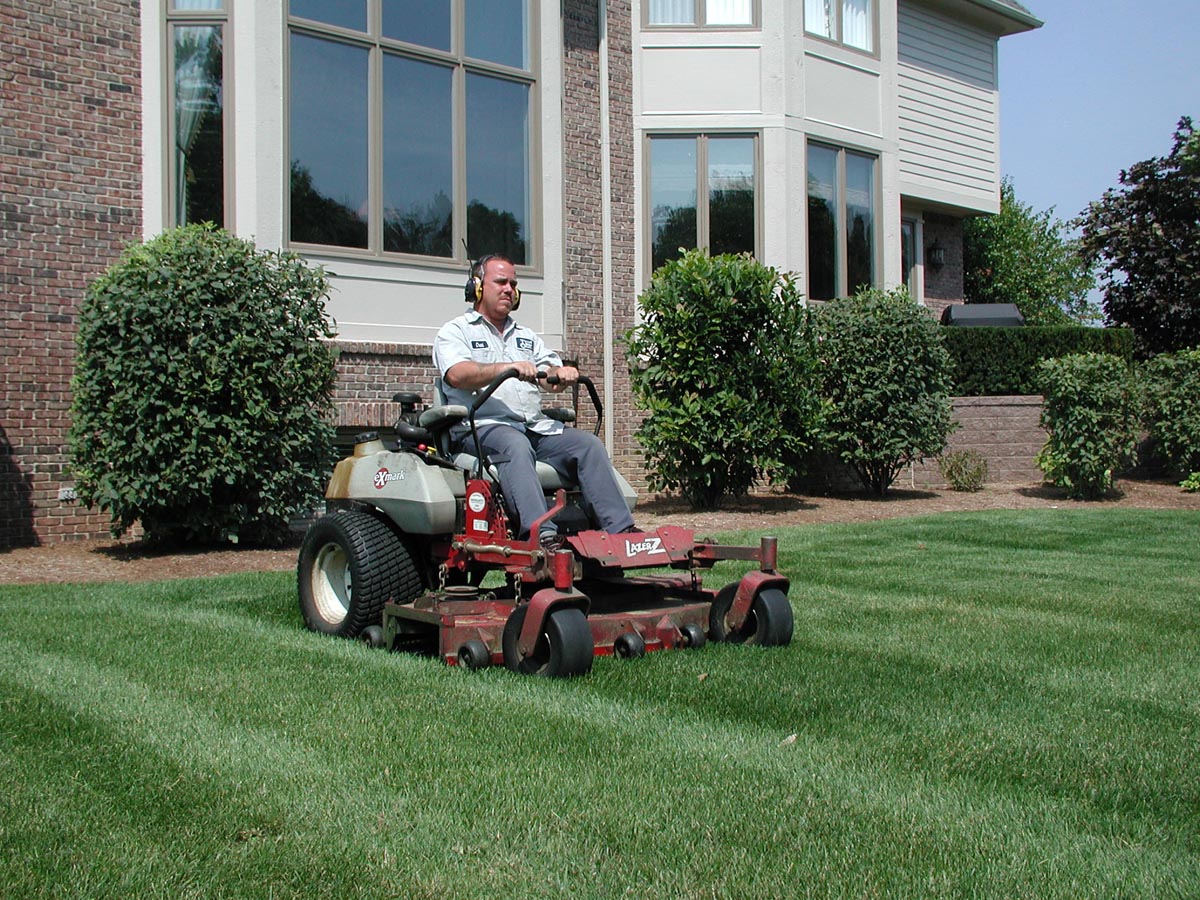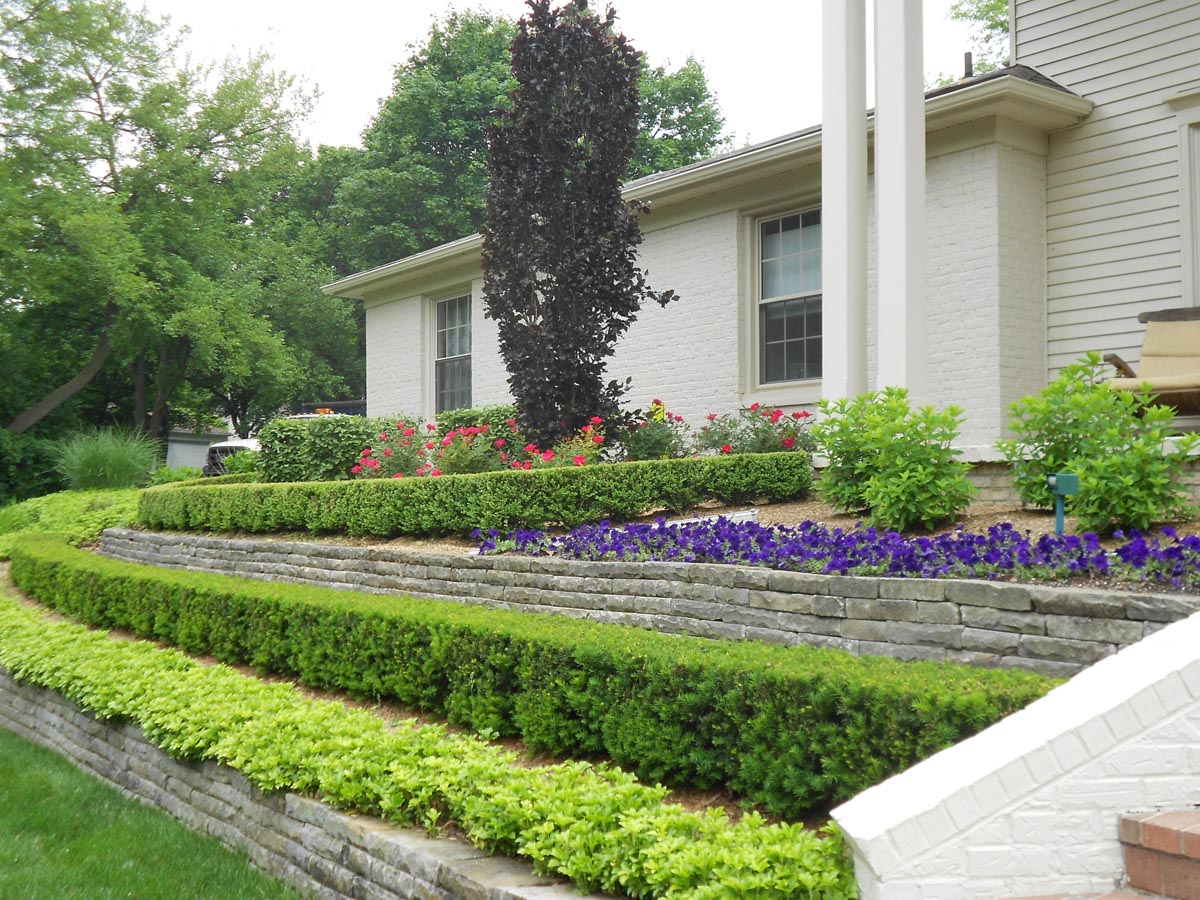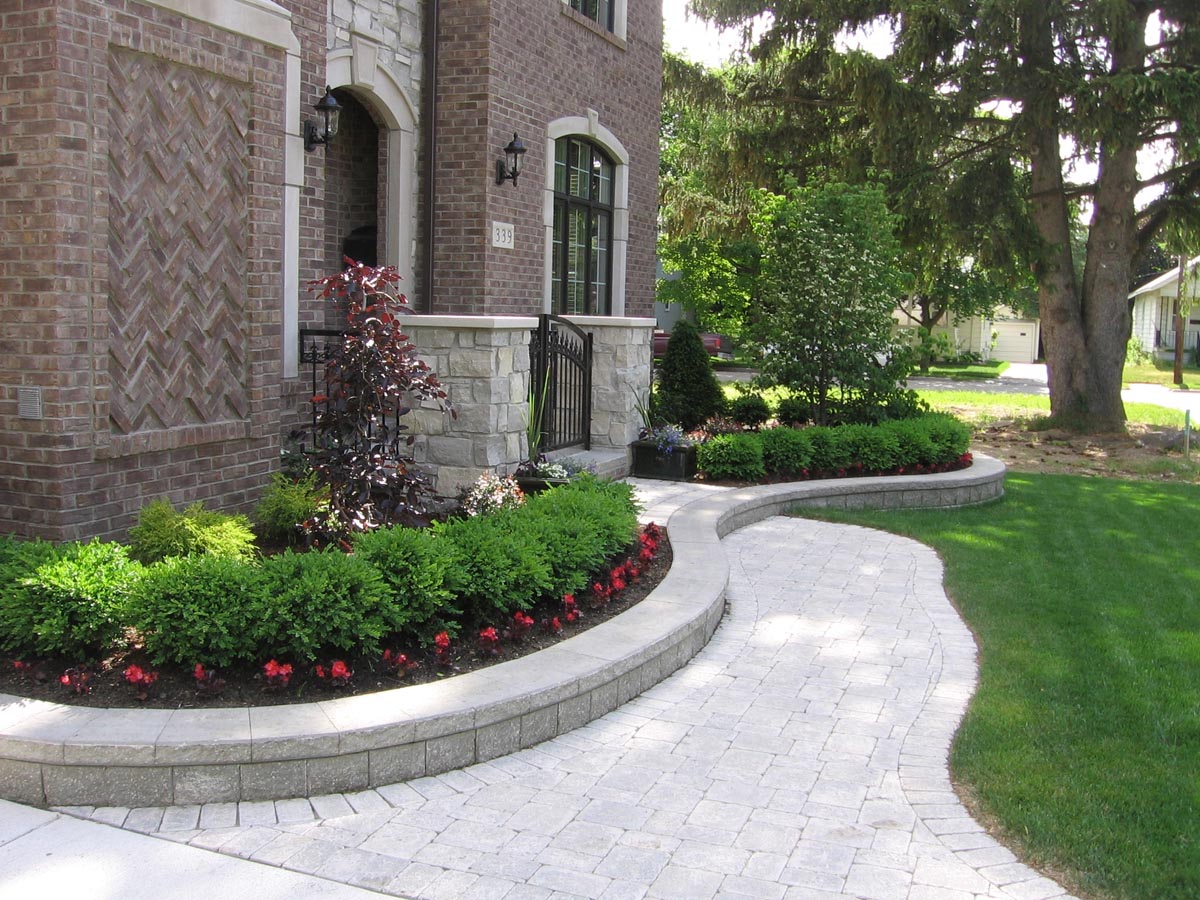Gardening 101: Keeping Your Garden Healthy in the Summer

Gardening can be an incredibly healing and rewarding hobby. You get to track and see the results of your hard work, save money on groceries (if you’re growing fruits and vegetables), and you can even add a splash of color to your lawn! At the same time, there are many frustrating factors that can threaten your garden in the summer.
In this article, we’ll highlight a few common challenges gardeners face in the summer, and how to overcome them.
Challenge #1: The Staggering Summer Heat
The first summer gardening challenge is the heat. In fact, heat can be one of the biggest threats to your garden. One of the first ways you can protect your plans is by spreading mulch in your garden. Mulch not only helps to suppress weeds, but also keeps the soil cool and helps your plants retain the moisture they need to thrive, even during the hot, summer heat.
Next, plan your garden well. Every plant will have sunlight requirements. You need to take a look at whether your plants require full sun or partial shade. A plant that tolerates partial shade will burn if continuously exposed to full sunlight. In addition to sunlight, there are some plants that just won’t survive within certain conditions. Be sure you know which hardiness zone you’re in and purchase plants that grow well in your specific zone.
Heat-Tolerant Plants You Can Grow
Below are a list of some heat-tolerant plants that will do just fine in the summertime:
- Madagascar Periwinkles
- Hot Peppers
- Petunias
- Black-Eyed Susans
- Cucumbers
- Sweet Potatoes
- Lima Beans
- Lantana
- Eggplant
Challenge #2: Watering
Depending on where you live, humidity is not enough to save your plants. If your watering schedule is “whenever it rains,” your plants are going to dry out. While there are certainly rainy days in the summer, this season can have long-lasting drought episodes.
Instead of relying on the rain, rely on a strict watering plan. Some low-maintenance plants are fine with any amount of water, but other plants may need to be watered at least once a day. Some homeowners and businesses may invest in automatic sprinkler systems, while others prefer to manually water their plants every day. No matter what you decide, consistency is the key here.
If you decide to manually water plants, be sure you are watering the soil and not the plant leaves. It’s fine to water the plant leaves, but the roots are what’s responsible for absorbing and spreading moisture throughout the plant.
You may also want to purchase well-draining garden soil that will prevent overwatering, as well as specially formulated moisture control soil that prevents both under and over watering.
Challenge #3: Planting at the Wrong Time
If you want your garden to be healthy in the summer, make sure you plant your garden at the right time. Established plants are usually resilient, but seedlings can wilt and burn more easily if planted too late in the year. This is especially important for growing fruits and vegetables. Ideally, you want to plant seeds or starts after the last frost date, but before the weather gets too hot. You may want to consult a local planting and gardening calendar or purchase a Farmer’s Almanac, which can usually be found in pharmacies, hardware stores, and nurseries.
Get More Tips From Design One
Need help designing your garden? Get more gardening tips from our team at Design One. Founded over 30 years ago, we’re a fully licensed and insured landscaping company providing professional landscape design services to homeowners and businesses in Michigan.
We can help you create beautiful gardens, design hardscapes, install outdoor water features, and so much more. Contact us today to learn more about our landscaping and gardening services, or to request a free quote!
As a residential and commercial landscaping company in Michigan, we’re experienced in both property care and landscaping design. With over 40 years of experience in the industry, Design One is great source of information when it comes to your Michigan lawn care needs! From preliminary design mapping, to irrigation and the types of plants you might want on your priority, we cover it all.

